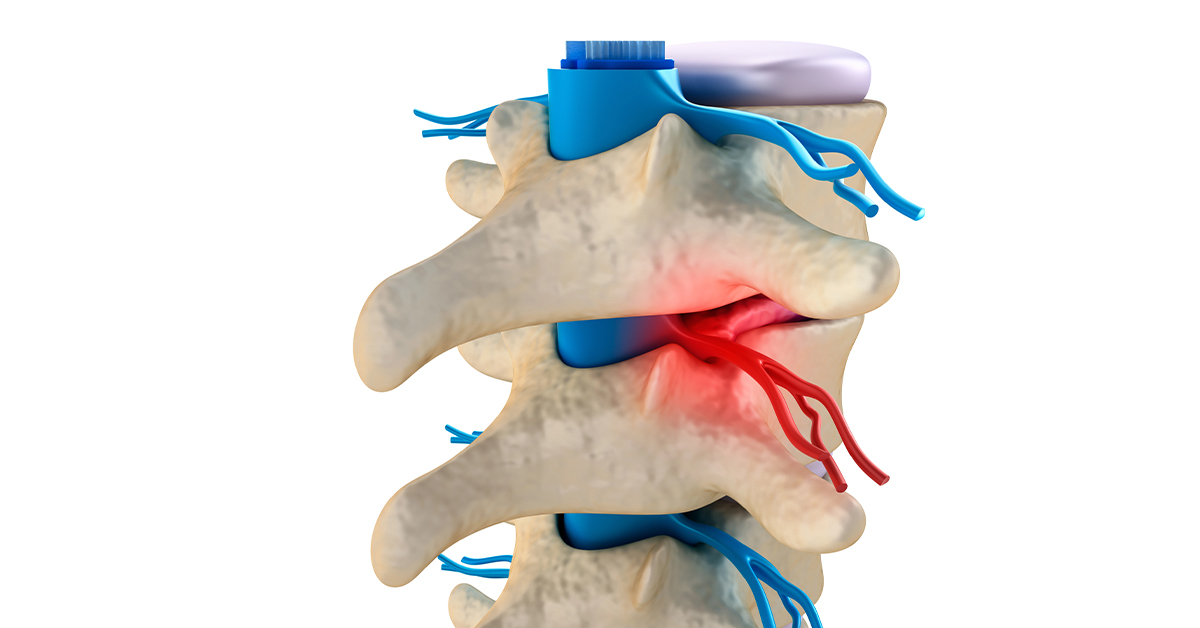
Is a Discectomy Major Surgery?
A discectomy is a surgical procedure designed to remove part or all of a herniated disc in the spine that is pressing on a nerve, causing pain, numbness, or weakness. While it is considered a relatively common surgery, whether it is classified as major or minor depends on the specific case and the type of discectomy performed.
What Is a Discectomy?
In a discectomy, the surgeon removes the portion of the herniated disc that is putting pressure on the spinal nerves. This procedure can be performed on any part of the spine, including the cervical (neck) and lumbar (lower back) regions. The goal of the surgery is to relieve symptoms such as pain, numbness, and muscle weakness caused by nerve compression.
There are two main types of discectomy: traditional open discectomy and minimally invasive discectomy.
Traditional Open Discectomy
In a traditional open discectomy, the surgeon makes a larger incision in the back to access the spine. The surrounding muscles and tissues are moved aside to allow the surgeon to see the affected disc clearly. Once the herniated portion of the disc is removed, the pressure on the nerve is relieved.
This version of the procedure is often considered more invasive and involves a longer recovery period. Patients who undergo open discectomy may need to stay in the hospital for a short period and can expect a longer recovery time compared to minimally invasive options.
Minimally Invasive Discectomy
Minimally invasive discectomy involves smaller incisions and the use of specialized instruments, such as a microscope or endoscope, to access and remove the damaged portion of the disc. This method causes less disruption to the muscles and tissues surrounding the spine, leading to a shorter recovery time and less post-operative pain.
While still considered surgery, minimally invasive discectomy is often seen as less intense than traditional open surgery. Many patients can go home the same day or after a short hospital stay.
Is It Major Surgery?
The classification of a discectomy as major or minor surgery depends on a few factors:
- Invasiveness: Traditional open discectomy is generally considered major surgery due to the larger incision and longer recovery period. It involves cutting through muscles and tissues, which requires more healing time.
- Minimally invasive techniques: A minimally invasive discectomy is often considered less invasive, but it is still a surgical procedure and carries risks. While it might not be as extensive as an open surgery, it is still classified as a significant medical intervention.
- Patient’s health: The overall health and condition of the patient also play a role. For some patients, a discectomy may be a relatively straightforward procedure, while others with complicating factors may experience a more complex surgery and recovery.
Risks and Considerations
Regardless of whether the surgery is performed using open or minimally invasive techniques, a discectomy does carry risks. These can include:
- Infection
- Nerve damage
- Bleeding
- Recurrence of disc herniation
- Reaction to anesthesia
While the risks are relatively low, they are important to consider when deciding whether to undergo the procedure.
Recovery After a Discectomy
Recovery time can vary based on the type of discectomy and the individual patient’s health. Most patients experience immediate relief from their symptoms after the surgery, though it may take a few weeks for the full effects to be felt.
Patients who undergo a minimally invasive discectomy typically experience a faster recovery, with some returning to normal activities within a few weeks. In contrast, those who have a traditional open discectomy may need a longer recovery period, potentially lasting several months.
Physical therapy is often recommended as part of the recovery process to help strengthen the muscles around the spine and improve mobility.
A discectomy is generally considered a major surgery, particularly if it is performed using open techniques. However, minimally invasive discectomy is a less invasive option, which can make the surgery feel less intensive. Despite the differences in techniques, both types of discectomy aim to relieve pain and other symptoms caused by nerve compression. Consulting with a spine specialist can help determine which type of discectomy is appropriate and what to expect from the procedure.
